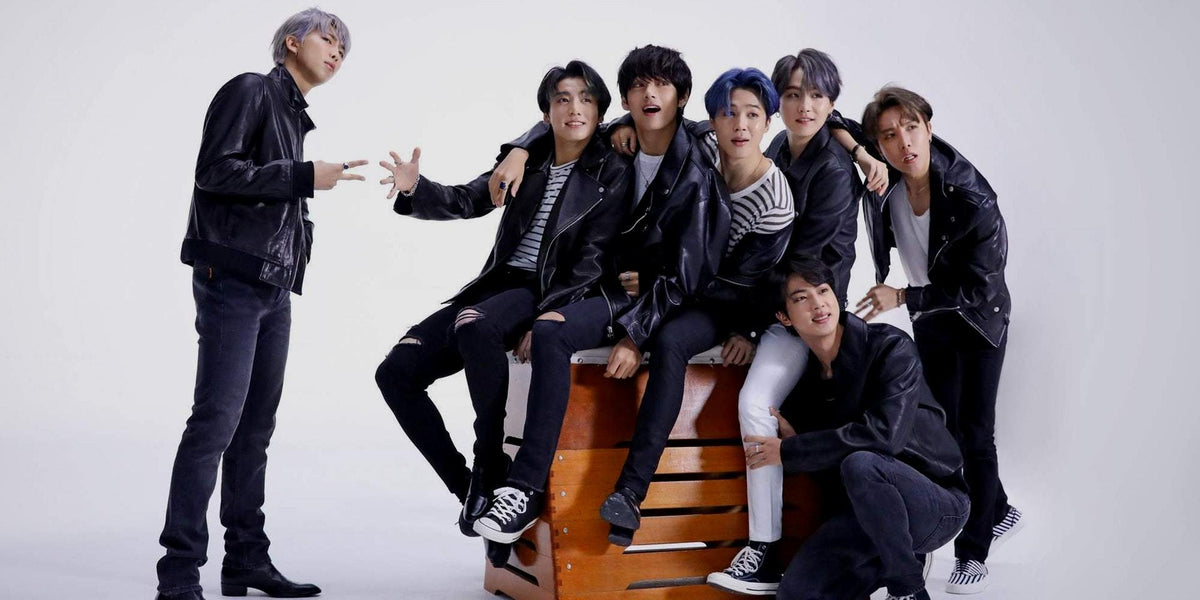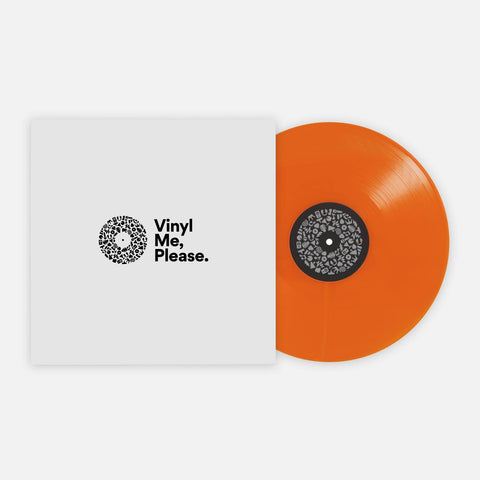Lil Uzi Vert's Back From Outer Space
Lil Uzi's Drops His First Album In Three Years
Every week, we tell you about an album we think you need to spend time with. This week’s album is Eternal Atake, the new album from Lil Uzi Vert.
When Symere Woods goes triplicate, he fills a three-year void with an album that’s often striking, never dull, yet trafficking in much of the same territory nonetheless. Through label quarrels and rampant leaks, Uzi remains in a select class of rappers that can drop a maximum of three songs per year with at least one guaranteed hit. He’s toiled through the noise, to SoundCloud and back, to secure and maintain this cultural vice grip. Emo, adorable, North Philly rockstar with irresistible melodies and far more technical aptitude than he’s credited for despite the obvious success. (Reducing him to mumbling is grossly reductive, and omitting his ability to bar out is purely foolish.) Case in point, Uzi’s vice grip enables said three-year gap in the first place; he dominates the streaming game, runs radio up, and leaves his fans with crumbs only to be met with instant acclaim when he finally drops the album. (Three years later, and still a week early!)
This is Eternal Atake: the second full-length work of Lil Uzi Vert, preceded by the works of Baby Pluto and Orenji. Given the snippets of otherworldly invasion and interplanetary travel, the long-anticipated EA follows a loose space romp arc dispensed from the vantages of Woods’ three personalities. At press time, no one’s managed to decode the full extent of said narrative: which life forces kidnapped him, and where exactly did he disappear to? But at six tracks per section, Woods quickly reaffirms his commitment to volume, even as the depth of such ways remain unclear. The story never coalesces, but that’s rendered quickly unimportant: Uzi came to rap. EA gives Uzi a breakneck urgency gone unseen in past works; his melodic senses never disappear, but he clearly sprints with intentions to rely on his words. Baby Pluto (the entity, not just the song) laces us with a thrillingly barrage of mixtape-esque quotables, most awkwardly memorable and seasoned by the right level of otherworldly cringe.
The relentlessness leaves a numbing effect that lingers through the rest of EA, often bookended by how the production surges and pulses as Uzi does. These selections range from cartoonishly hard to unconventionally gorgeous, often leaning into simplicity to leave space for how massive Uzi’s voice is this time around. Par the course, the Uzi experience makes a painstaking task of looking away; by the time Orenji arrives with love and breakup bops, the sonic gut punches ease into futuristic-ish danceability before Uzi returns for a few more big swings for the fences. Thankfully, the most forgettable sonic moments are often paired with serviceable writing (or vice-versa,) lending EA an odd baseline where nothing sounds bad, but some records soar over others in the replayability department. Uzi’s rarely a man for brevity in personality or performance, but the album never drags, thus swerving obvious bloat territory from intentionality alone. The sections coast into each other, never drastic or nonsensical, and Uzi handles the hour by himself, save a fantastic Syd feature we never knew we needed until the redbone called both her and Uzi’s red phones. (I, too, have a red phone!)
While he sheds the lost momentum of Luv is Rage 2, it’s unclear whether or not EA’s highs match those of any of its predecessors. For someone as frequently innovative as Uzi, there’s an interesting dilemma in his choice to rely on bars when they often highlight how redundant he can be, and when his melodic efforts have been the primary driver pushing him along. There’s nothing bad, it’s often memorable, but are there hits as immediate as the energy he carries, or matching the strides of his pre-album singles? No matter which mode he’s in, Uzi spends EA letting his ‘90s baby show through Zoom references and a Windows pinball sample. He’s also got a near-fetishistic penchant for describing how sticky he can make a vulva, judging by how many bars he litters throughout the hour. So… he comes back from outer space, and that’s why he finally drops the album? Not to mention “P2,” the “XO Tour Llif3” sequel? Eternal Atake soars by making the most sense out of how little sense it can have, thus rendering it a flawed, yet favorable return to form. There’s an immeasurable pleasure in watching Uzi go, and he’s done nothing here to diminish that excitement.
Michael Penn II (aka CRASHprez) is a rapper and a former VMP staff writer. He's known for his Twitter fingers.
Related Articles
Join the Club!
Join Now, Starting at $36Pages







